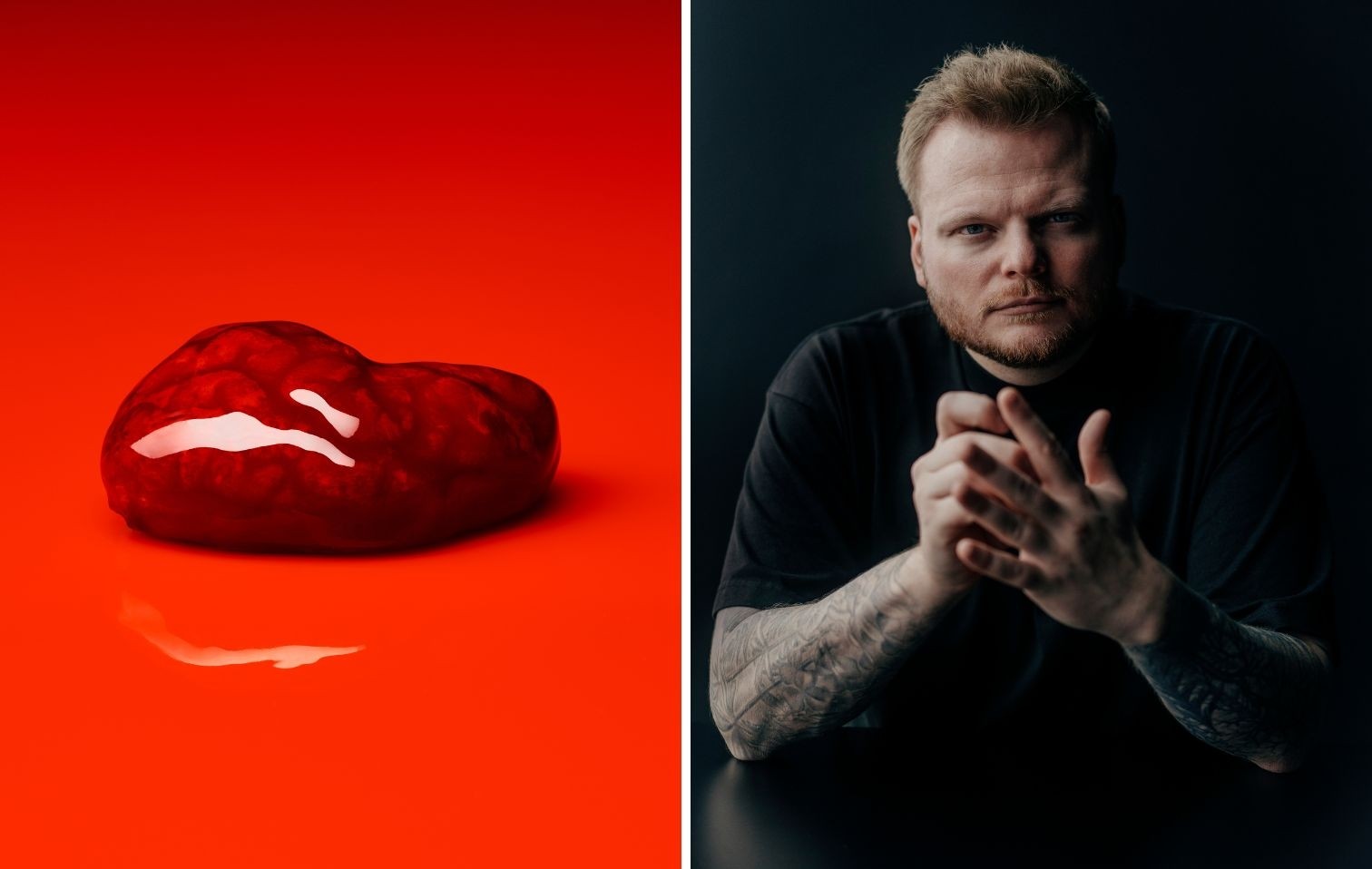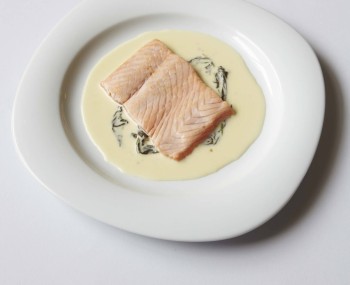The latest king of Copenhagen is called Rasmus Munk, and he's challenging many of the things that haute cuisine thought it had achieved. Not only and not so much on the plate, but by redesigning the type of experience and expectations one has when going out for dinner. But what really happens at Alchemist?
If twenty-five years ago you had heard someone mention Copenhagen among the world's gastronomic capitals, you would probably have thought them mad. And you wouldn't have been wrong, in the sense that just a quarter of a century ago Denmark was a country where food was something to feed and warm you, rather than something to be enjoyed or even considered a cultural experience.
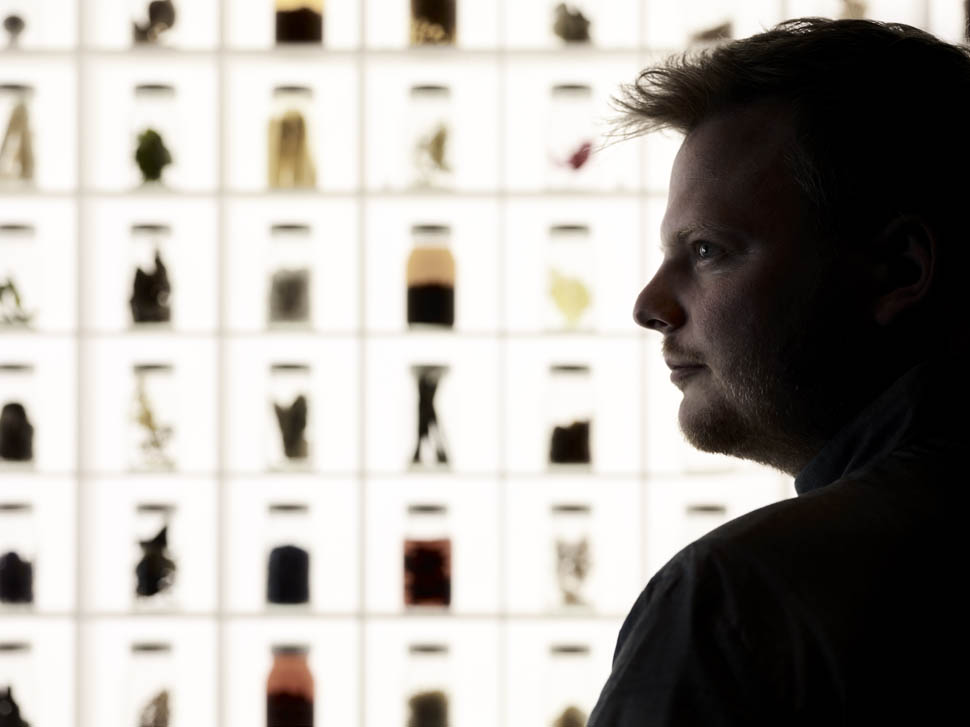
Then a young chef named Renè Redzepi launched the New Nordic Cuisine movement in his homeland, transforming the weaknesses of the local nature (such as the winter frost that makes agriculture difficult in the colder months) into unique characteristics capable of telling the story of his own land and its terroir. What at first seemed like a provocation led to his Noma being voted best restaurant in the world five times by the World's 50 Best (the first in 2010 and the last, already in the new location, in 2021). A powerful revolution of identity and pride that spread to Scandinavia and then spread, setting an example in every corner of the planet, while in Copenhagen, talents and new openings began to spring up like mushrooms after rain. Not only haute cuisine or fine dining destinations, but also bakeries, pizzerias, wine bars, signature cafes... Within a decade the city's gastronomic scene became unrecognizable (for the better) and valuable.
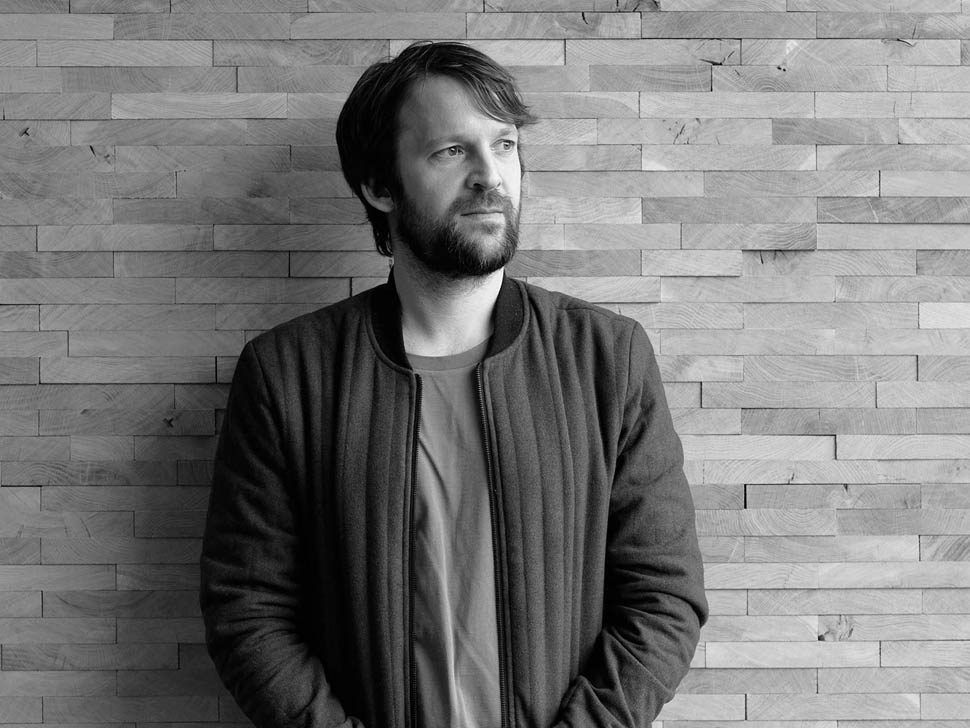
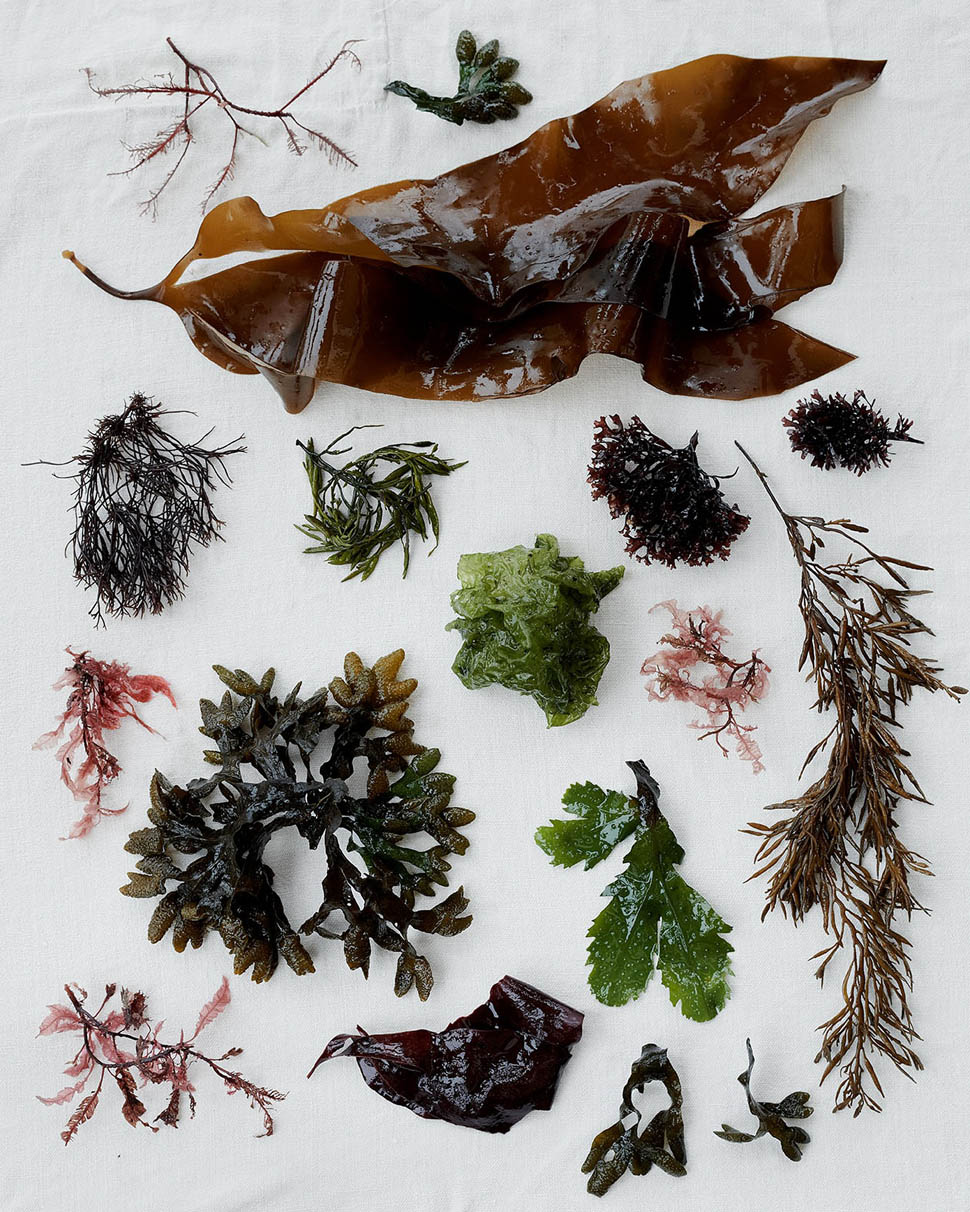
But that was only the beginning, because in the meantime new waves of great chefs were establishing themselves with styles different from those of Redzepi; some evolving it while maintaining the basic concept (like Matt Orlando from Amass or Nicolai Norregard from Kadeau), others completely moving away from it in favor of a French-international approach (above all Rasmus Kofoed, who with his Geranium was in turn crowned best in the world in 2022). This was followed by an ethnic wave caused by the desire of the “sons of Noma”, the guys who came from all over to work there, to offer remnants of their roots, from Mexican street food in the form of tacos, to Asian touches to contaminate cuisines of various styles.
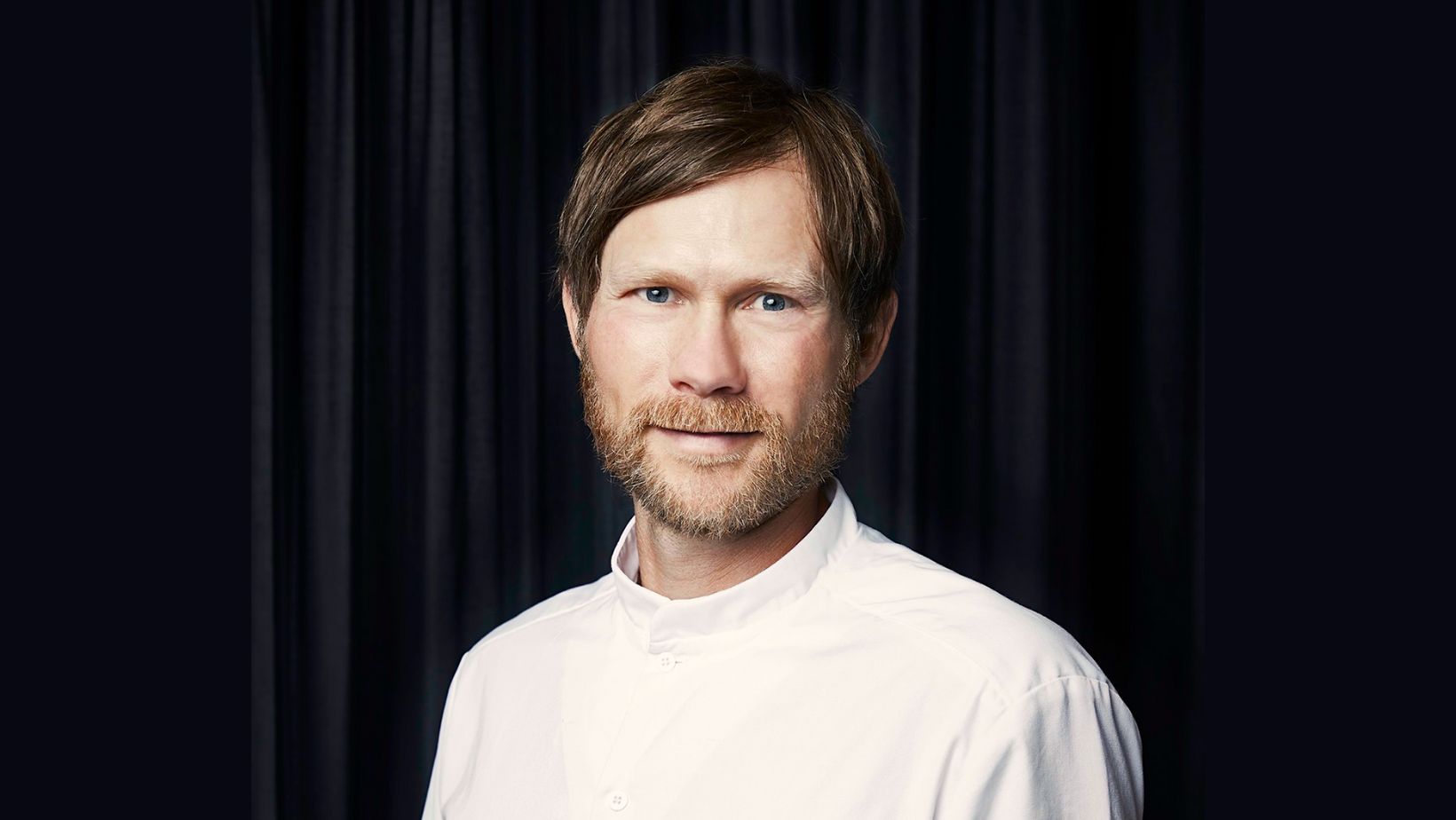
So we arrive at the present day without the level of Copenhagen at the table being able to surprise us anymore, but when everything seems to have settled down, here comes a young chef who intends to break the mold once again.
The chef
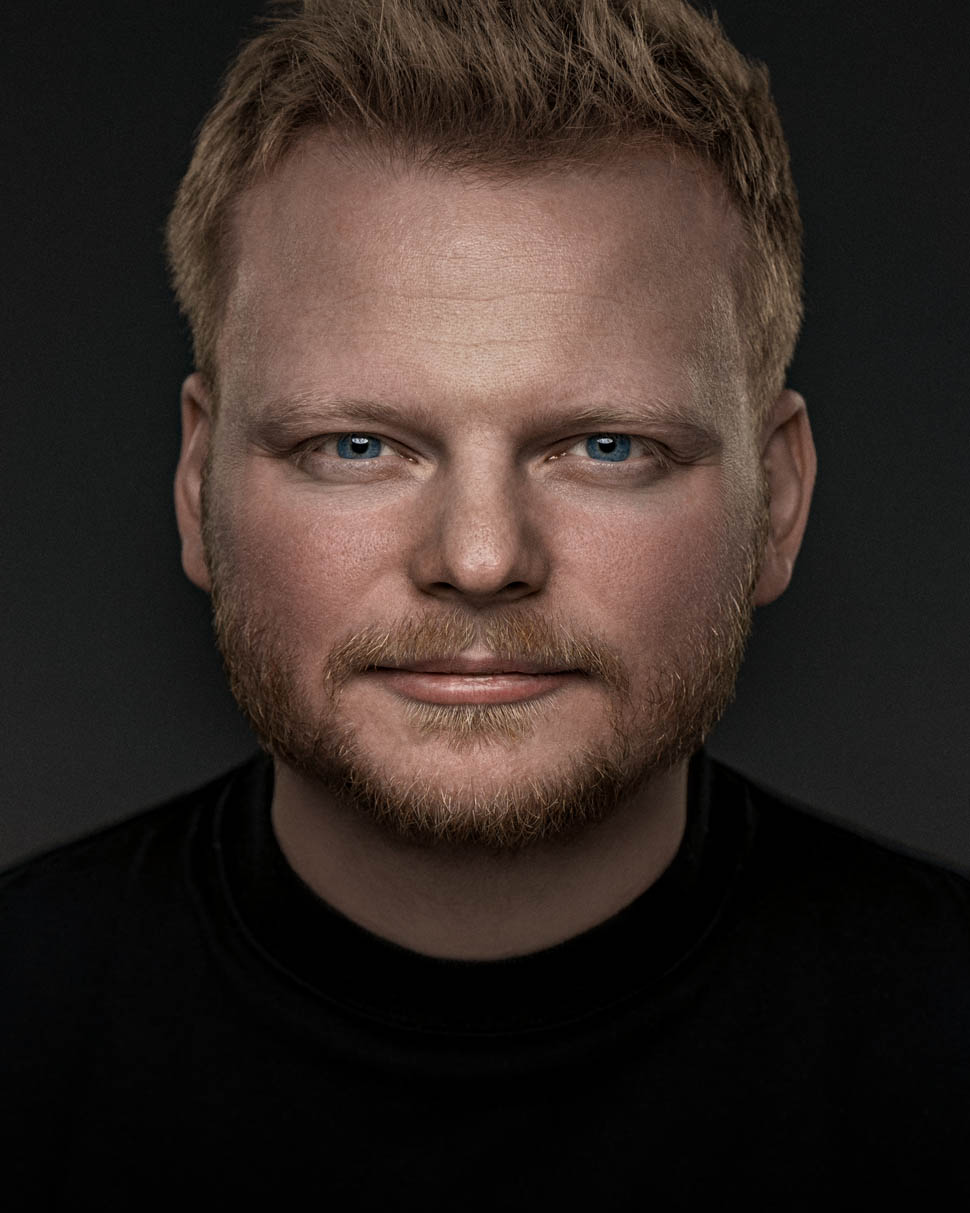
The latest king in town is Rasmus Munk, and with his Alchemist restaurant he is challenging many of the certainties that haute cuisine thought it had already achieved. Not only and not so much on the plate with technological innovation linked to cooking (is it really still possible to invent new dishes or techniques with any degree of consistency?), but by redesigning the type of experience and expectations that people have when they sit down to dinner.
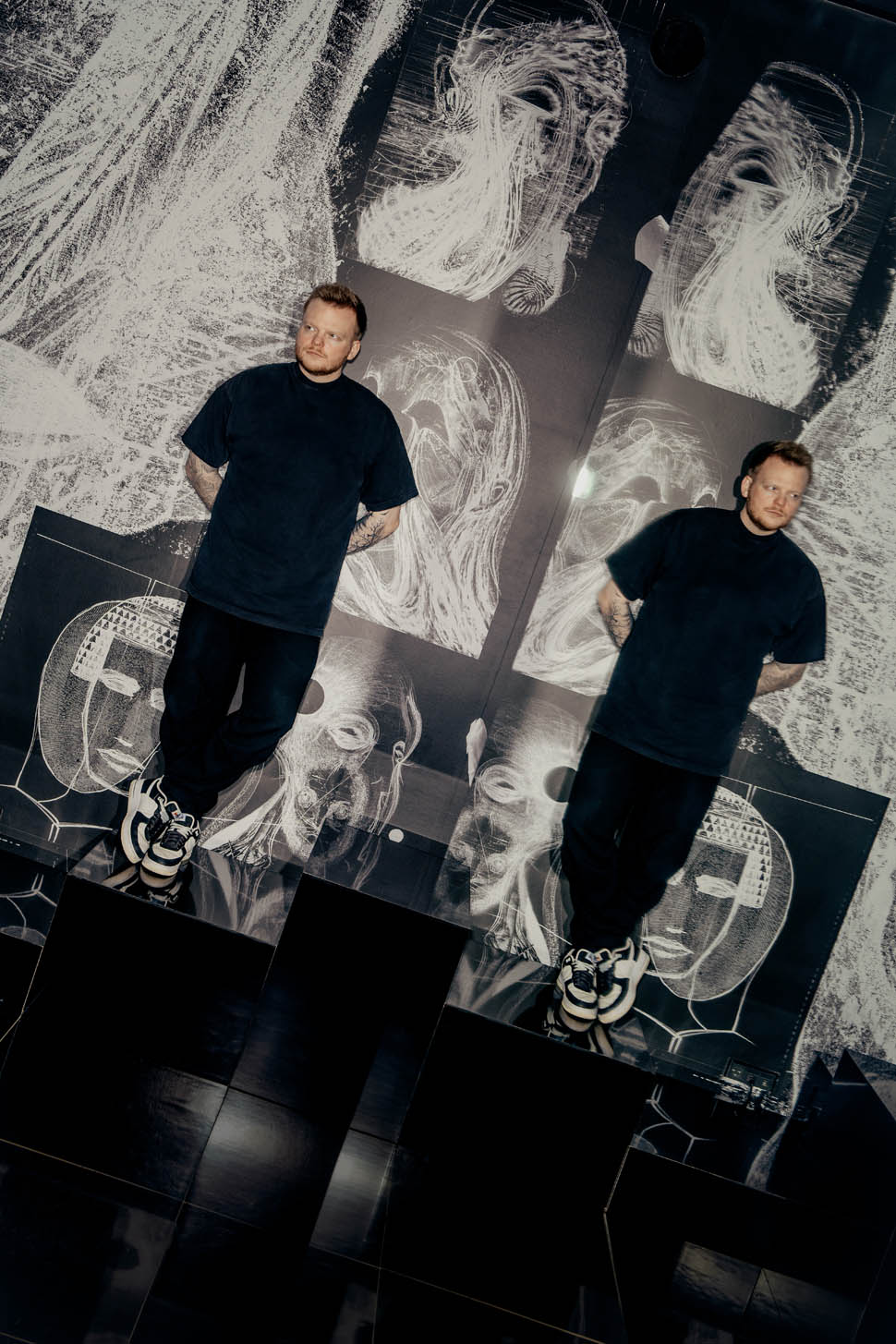
A lucid madness designed by Munk together with his heterogeneous team (in addition to the usual chefs and sommeliers, he works with musicians, videomakers, animators, scientists, actors, lighting and sound technicians...) to transcend the simple act of eating, and to be judged with a fair attitude, it requires to be experienced and commented on from all angles.
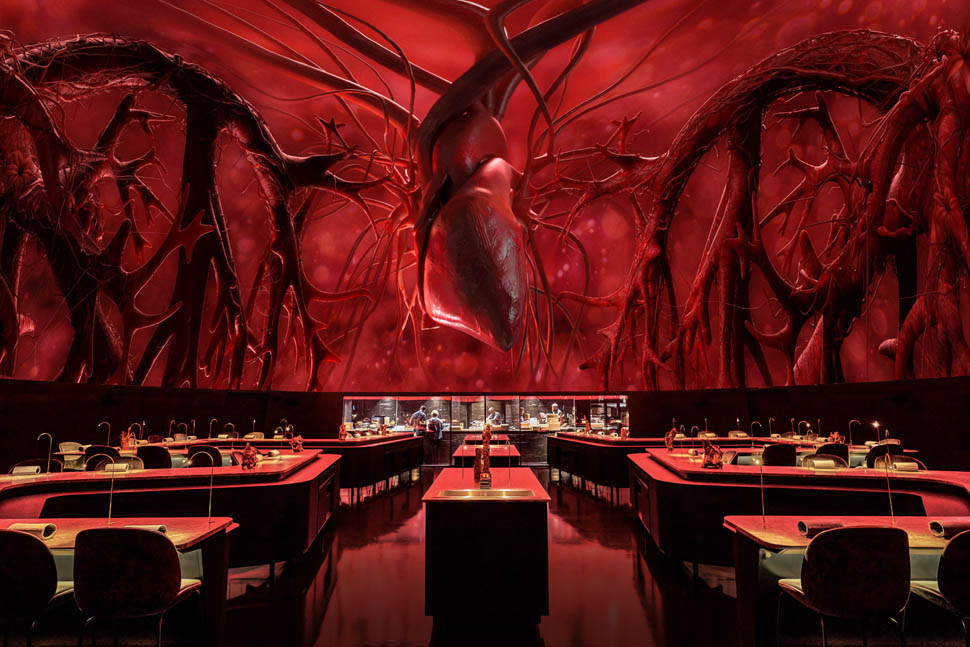
But first of all, who is Rasmus Munk? A practically self-taught '91 chef who, from a very young age, dreamed of changing the restaurant formula as we know it. His projects (including the first embryonic Alchemist, which opened in 2015 when he was just 24) already show a desire to amaze and overwhelm the diner, to make them experience something inconceivable, but the punches are limited to the rectangle of the plate, with insects, skulls and brain mousse.
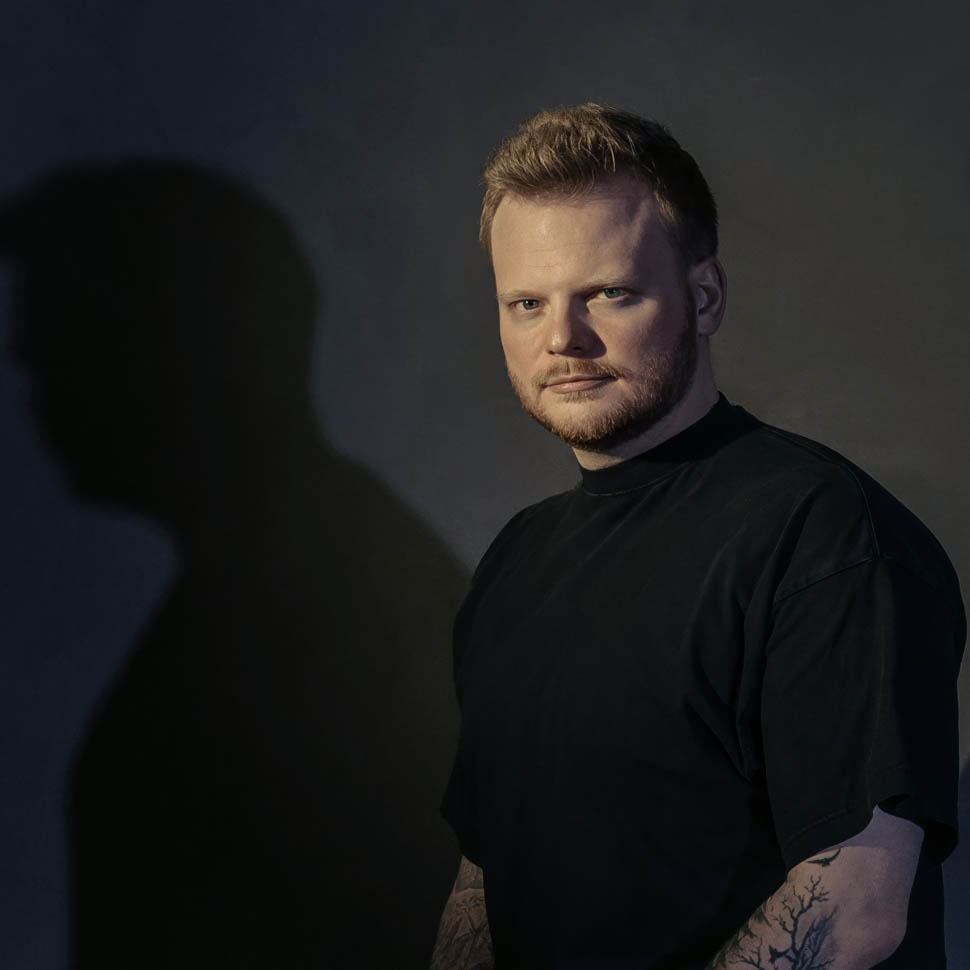
The turning point came when he met the wealthy Danish entrepreneur Lars Seier Christensen, who saw light in him and decided to believe in his dream, providing him with the enormous means necessary to realize it (without indicating a precise figure, there is talk of several million euros). And so in the summer of 2019 the sign of the most dreamlike and multisensory restaurant ever imagined finally lit up, and within a few social media storms it immediately became the most talked about, discussed, glorified and controversial.
The experience
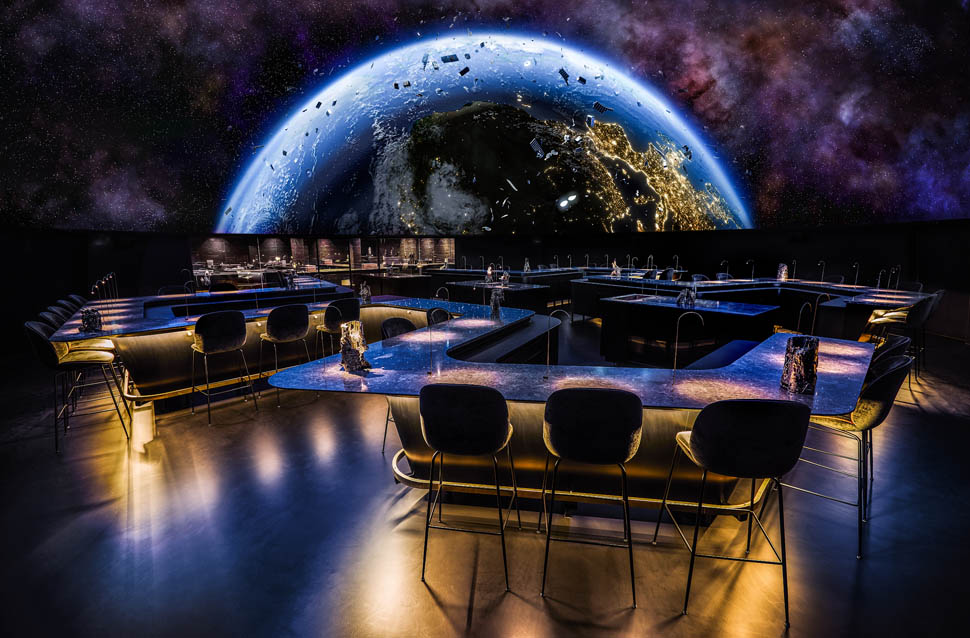
But what really happens at Alchemist? You become a child again in an adult way, spending about six hours inside the head of Rasmus Munk and exploring his imagination in a succession of haute cuisine dishes and suggestions borrowed from cinema, visual arts, technology, literature... It's not a dinner, it's not a show, it's simply the means by which Munk tells about himself and his beliefs, putting together every cue that he believes can generate an emotion.
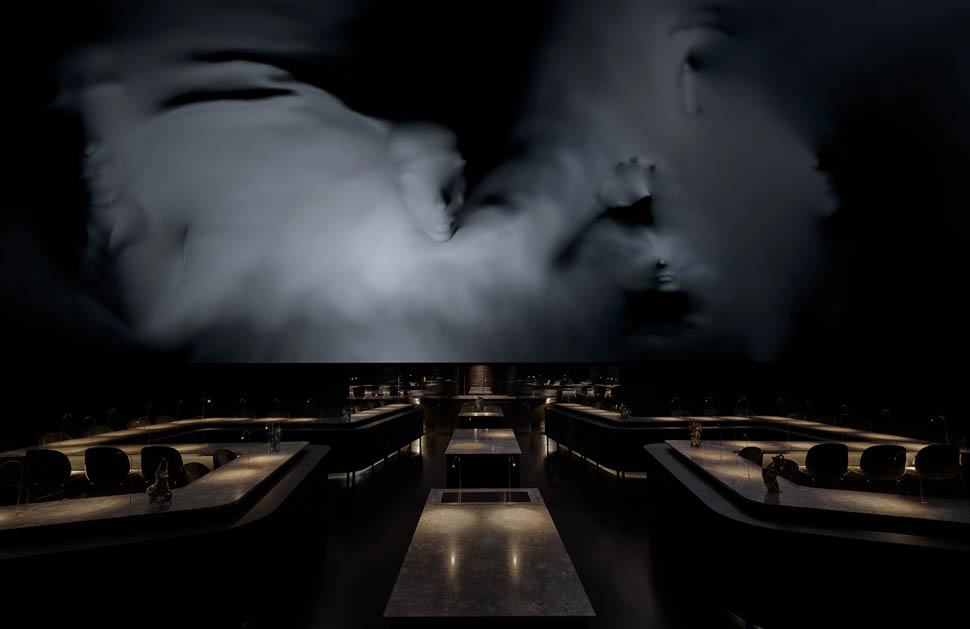
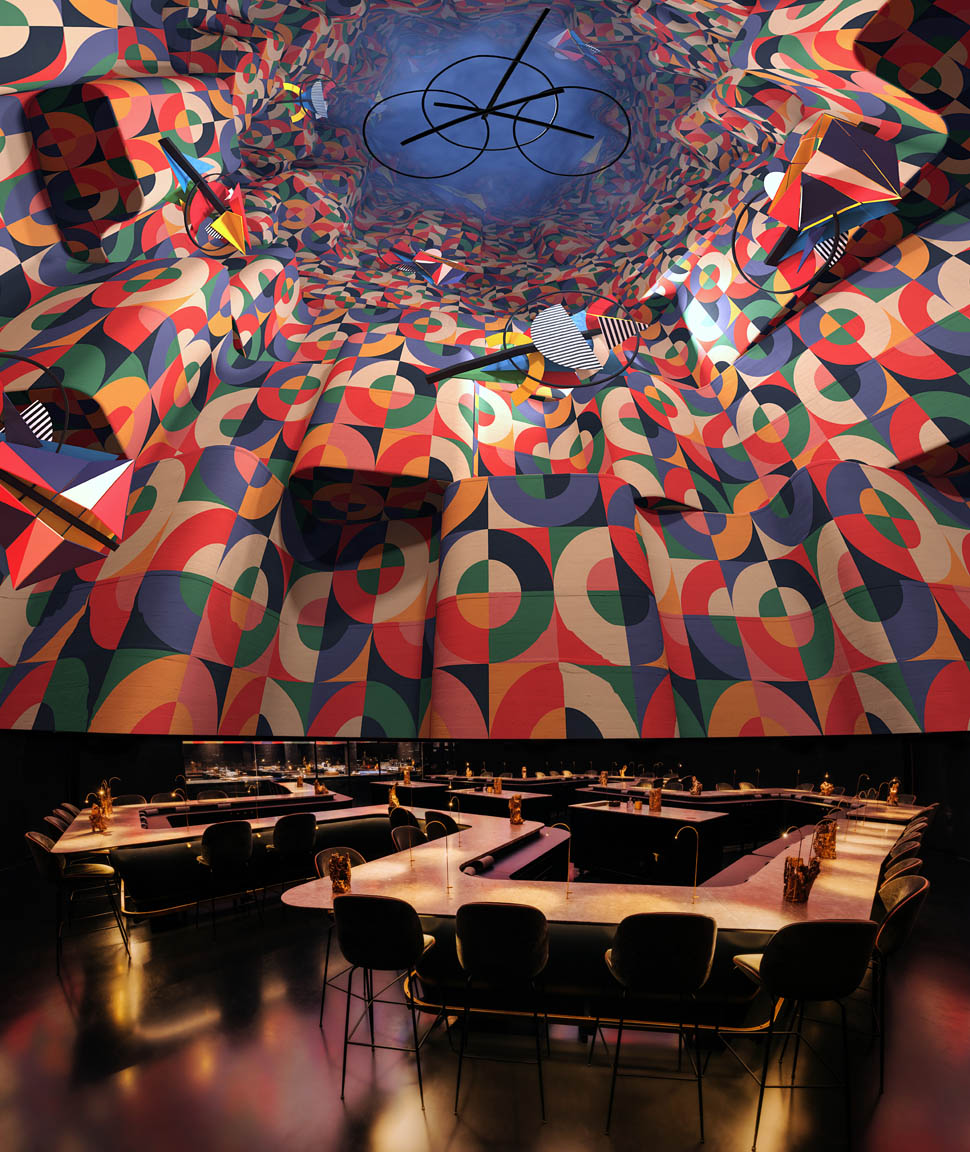
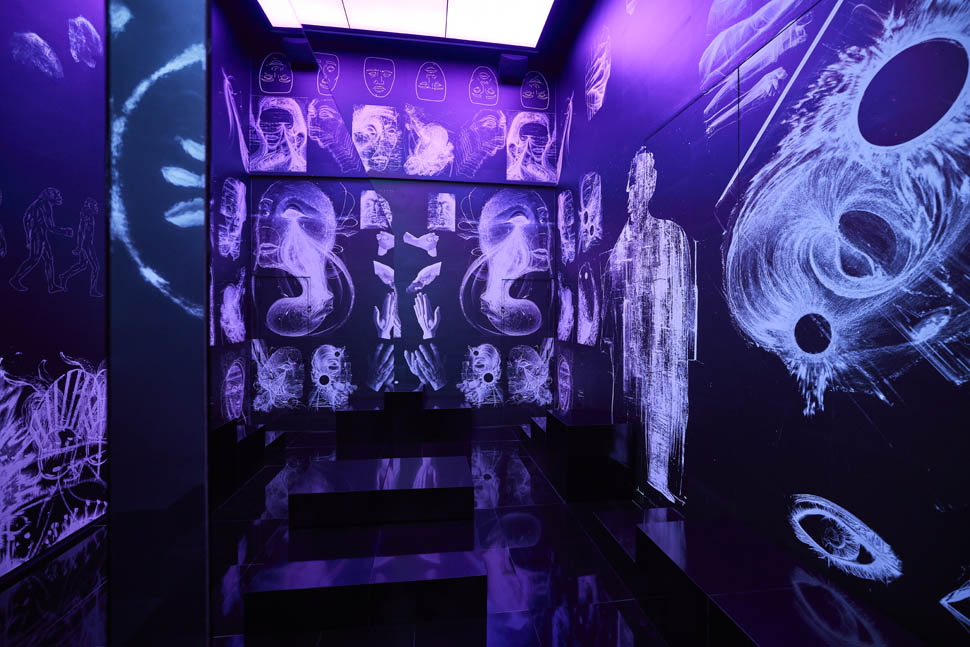
Not only and not necessarily positive, because the aim is to amaze, but leaving guests with food for thought about hot topics such as sea pollution or the various dystopian futures we seem to be heading towards. The only constant, fundamental to keeping the project anchored to the world of gastronomy, is that most of the efforts dedicated to research are aimed at offering original and delicious morsels, so that the entire dinner guarantees total satisfaction for the palate and belly even before catching the eye.
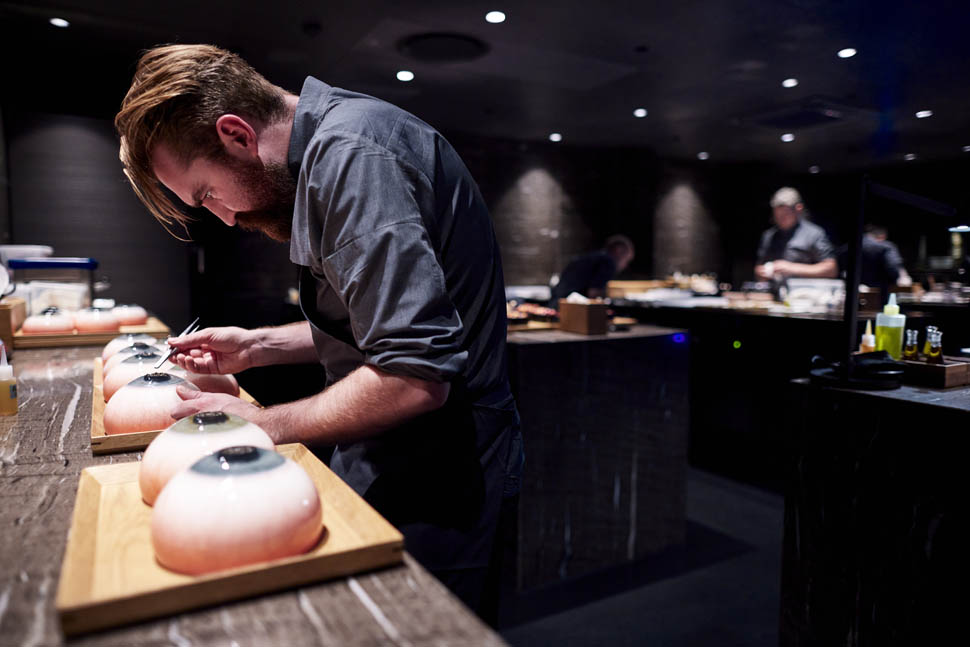
You enter through an imposing dark door that seems to transport you to a distant galaxy, and your adventure begins in a dark room. The panels in the center light up showing you a video that briefly tells the story of the human being, but with the help of artificial intelligence, replaces your face and that of your dinner guests with that of the usual protagonists. Before you've even entered the restaurant you've already seen yourself transformed into Ramses, Napoleon or Steve Jobs... Once you've finished this first act, which helps you get into the mood for the evening, the central wall rises up, leaving you in a cocktail bar with a lunar atmosphere, where as soon as you sit down the first courses arrive.
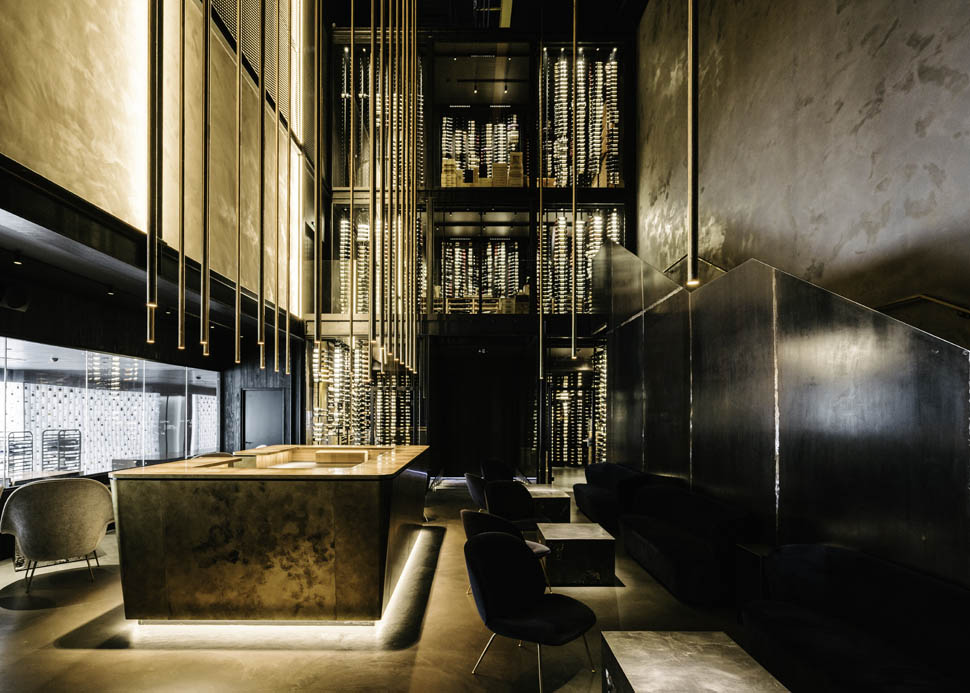
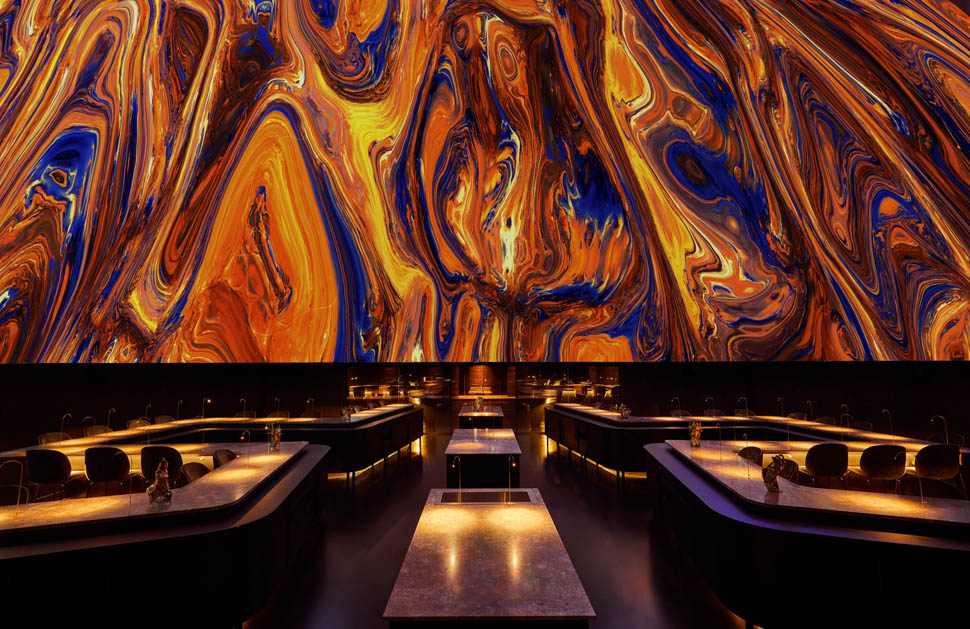
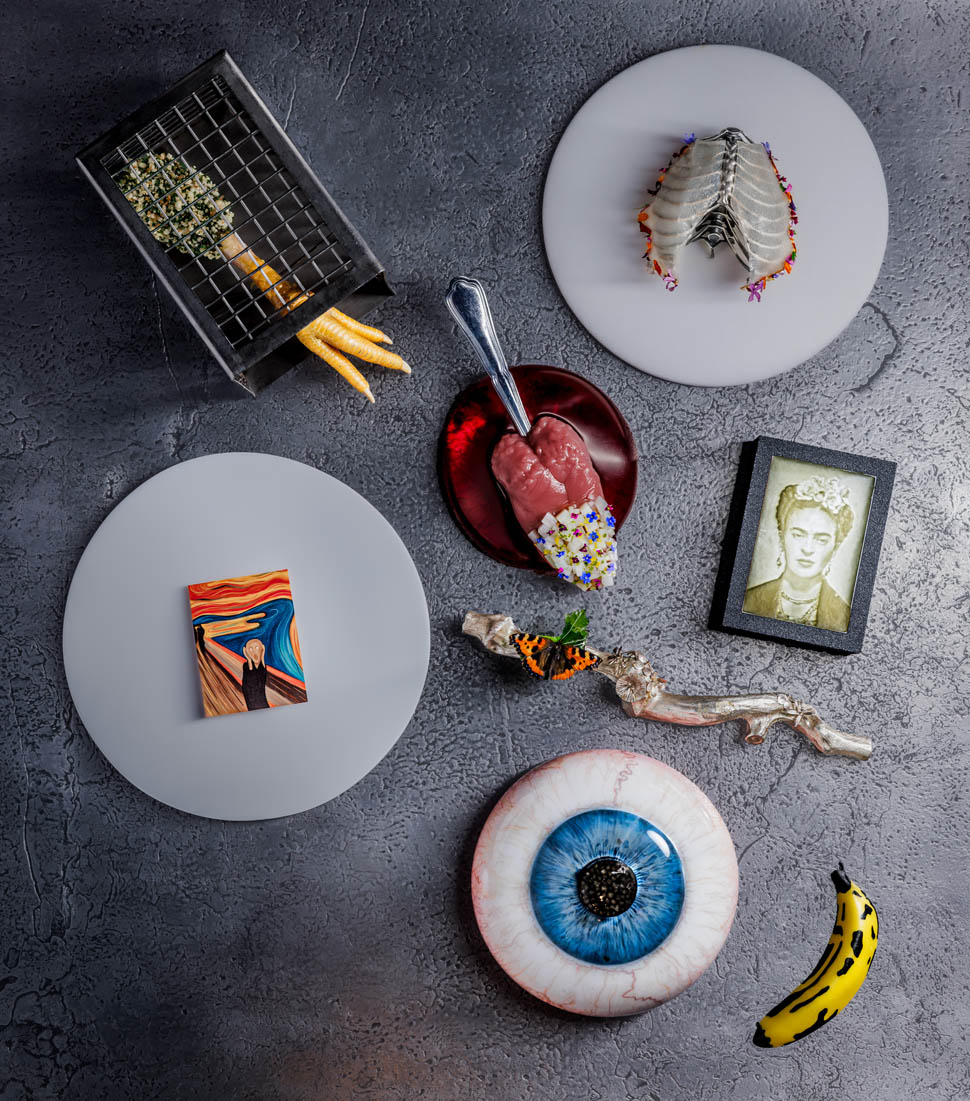
Everything is good, delicious, tempting, flowing quickly and lightly both in the mouth and in the narrative (entrusted to a team of young and confident waiters, with diamond tips such as manager Lykke Metzger or the all-Italian giga-talent Paolo Mirai). After the first set, go upstairs and enter the central part of the restaurant, the Dome. A dome of movie screens surrounds you from above and transmits the images that, alternating, will compose the scenarios in which you will have your dinner. Even the dishes are often incredible scenographic apparatuses, because from now on every single element will have to play a role in expressing the concept inherent in the thematic chains of dishes that make up the menu.
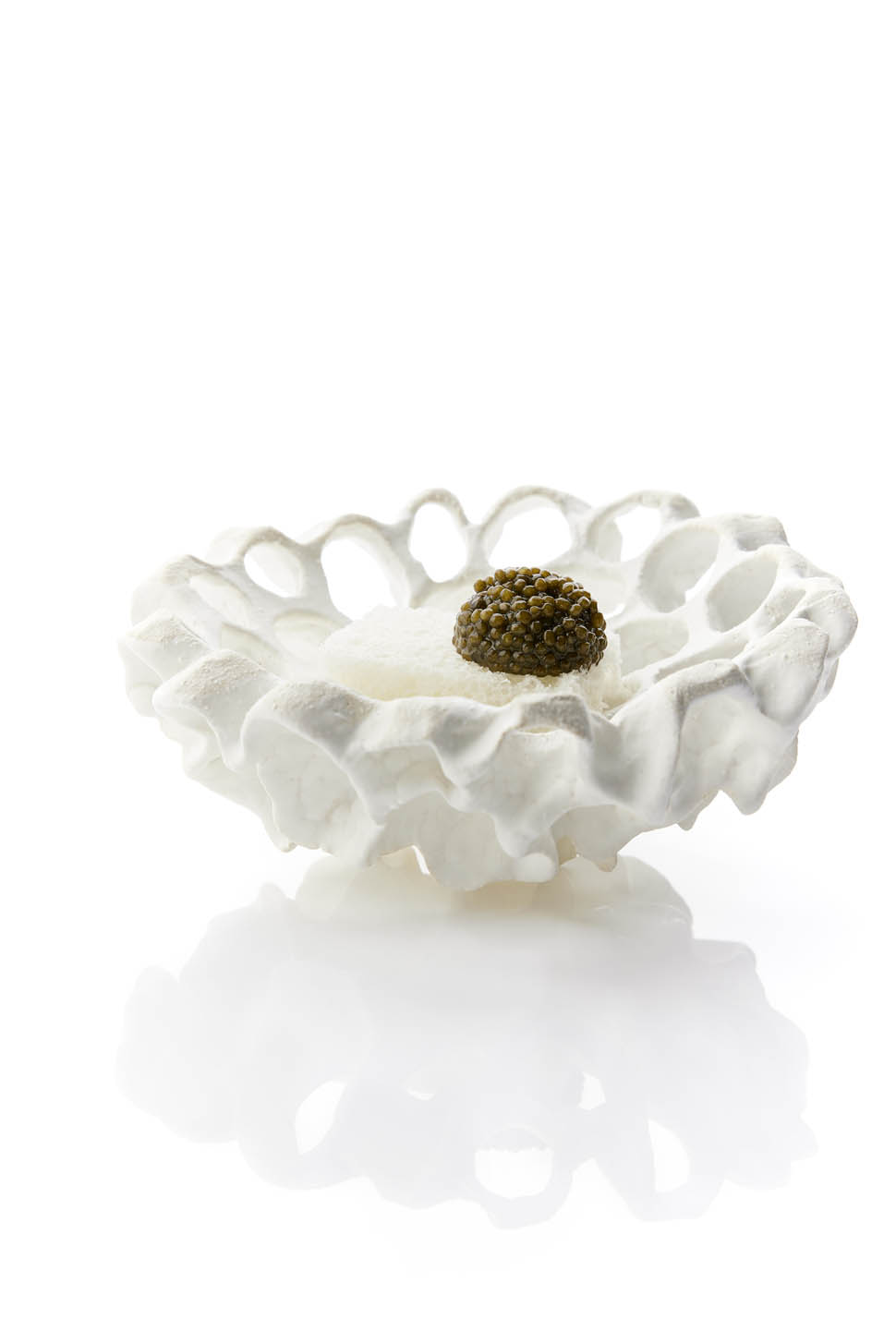
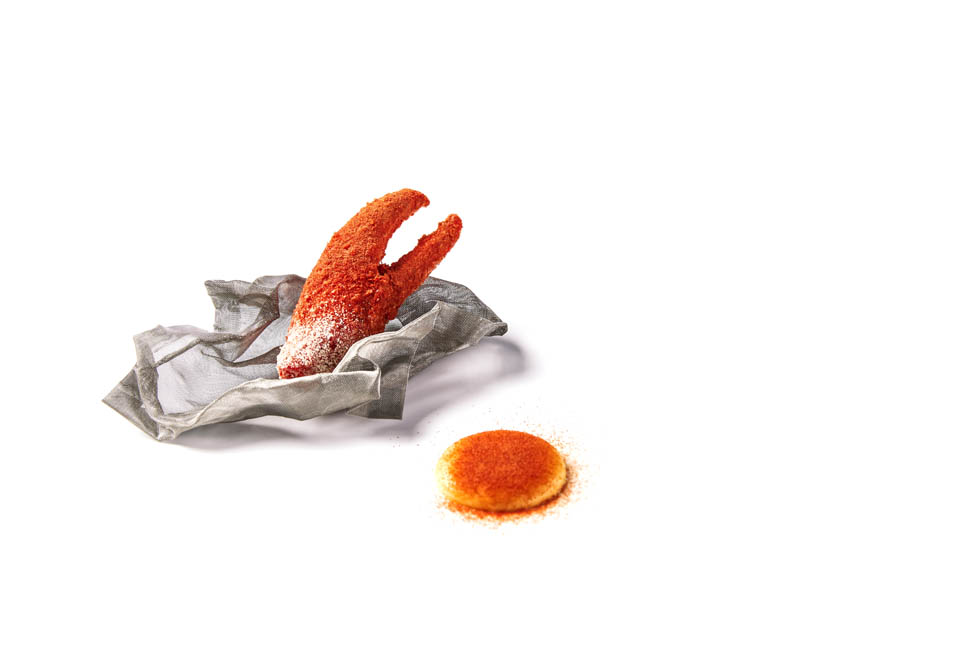
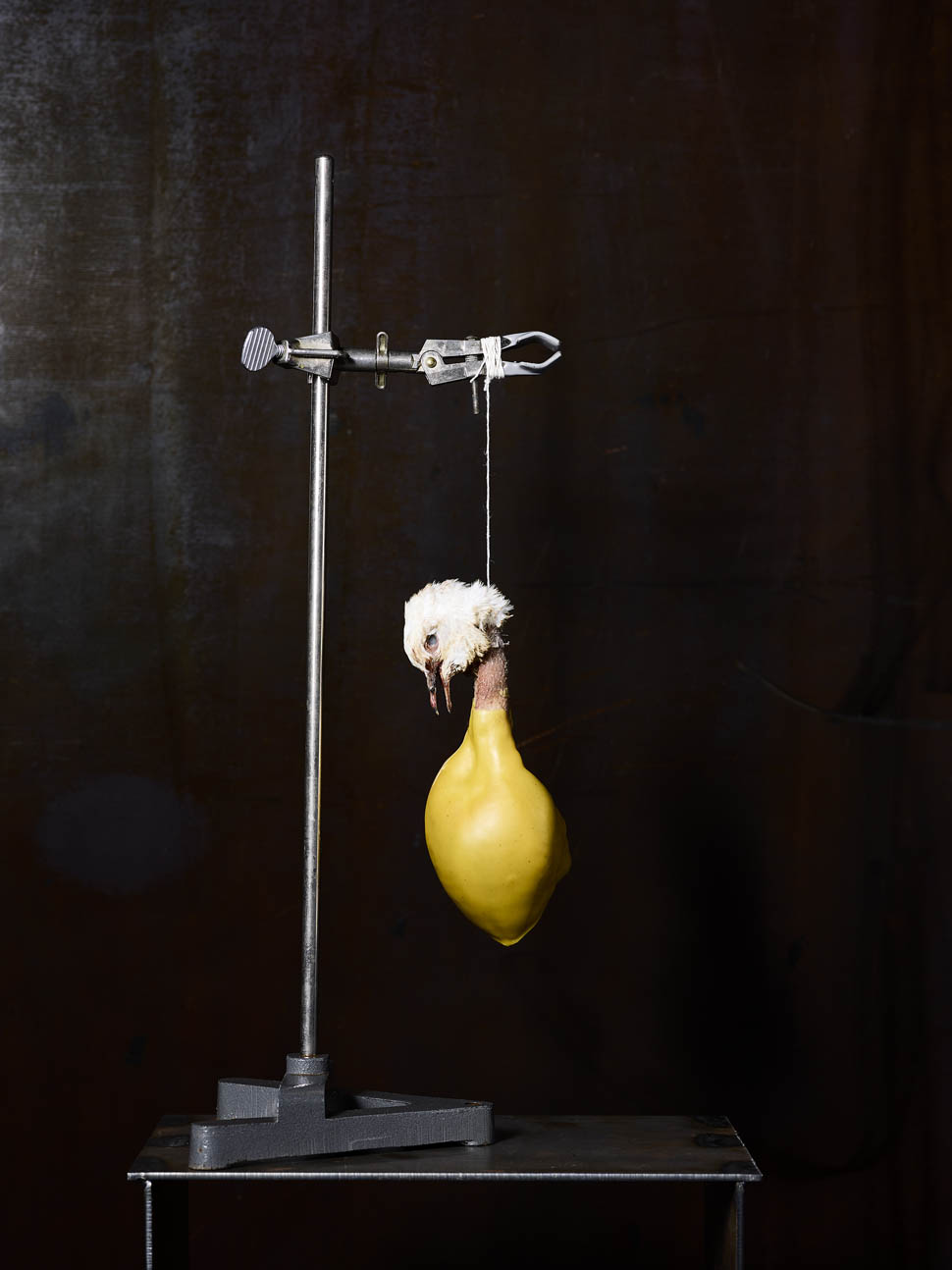
For example, while you're being served “Plastic Fantastic” (a passage focusing on the broth made from cod waste that has been dehydrated to resemble plastic), you're surrounded by underwater images in which piles of real plastic unnaturally color the rocks on the seabed or float, disturbing the fish. You take a big bite, but in the meantime you immerse yourself in the concept that Rasmus wants to pass on to you.
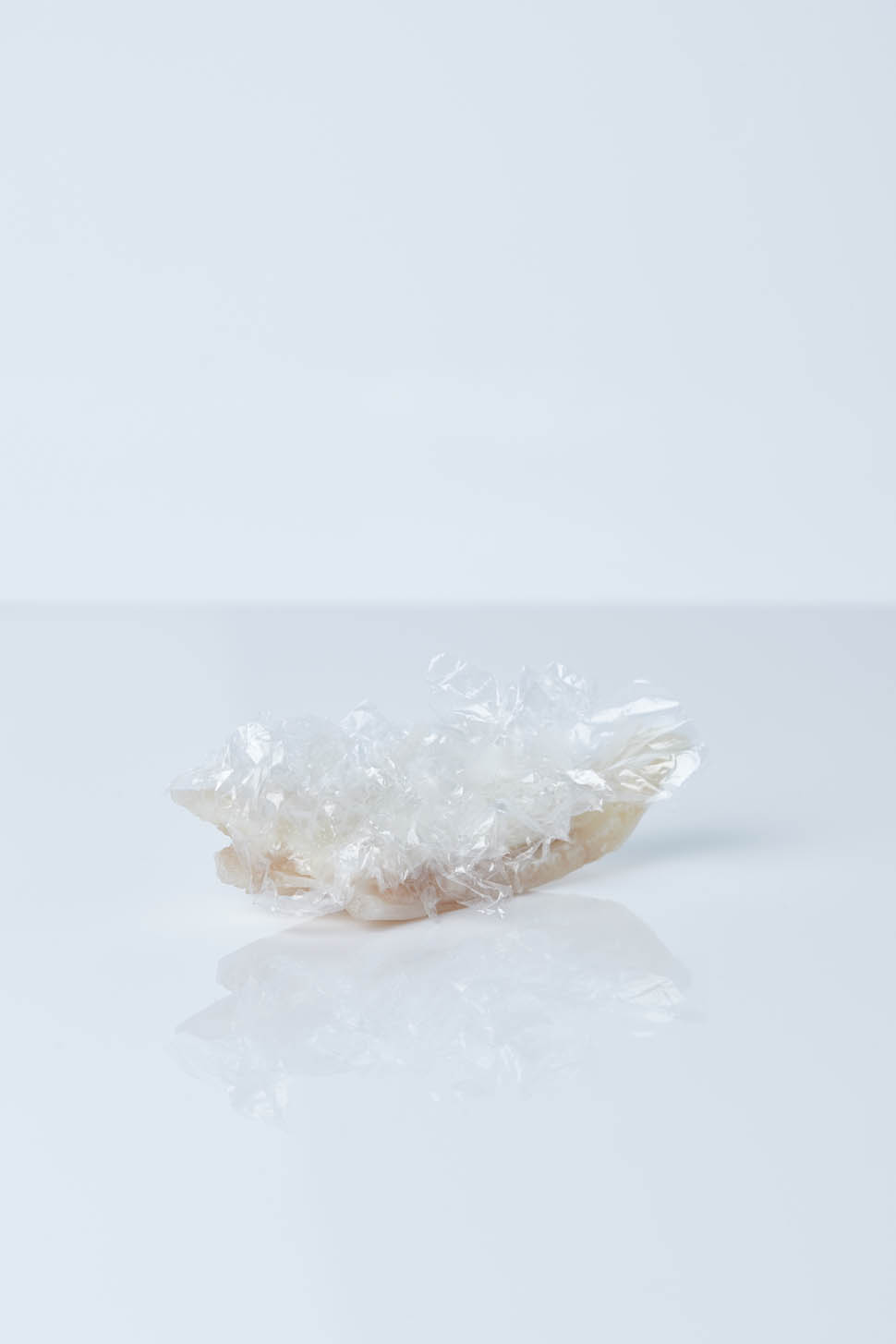
The hours pass and the plates too, but the continuous changes of scenery anesthetize time without making you feel it pass, with continuous games and twists to keep your attention high. Just when you start to feel satiated, the curtain closes on the Dome and you are invited to the next room, created to make you feel free, like a child again. It varies from season to season (you might find yourself diving into a sea of plastic balls like in a playground, or drawing on the walls with edible cream that you occasionally taste...), but it never loses its playful and carefree feel.
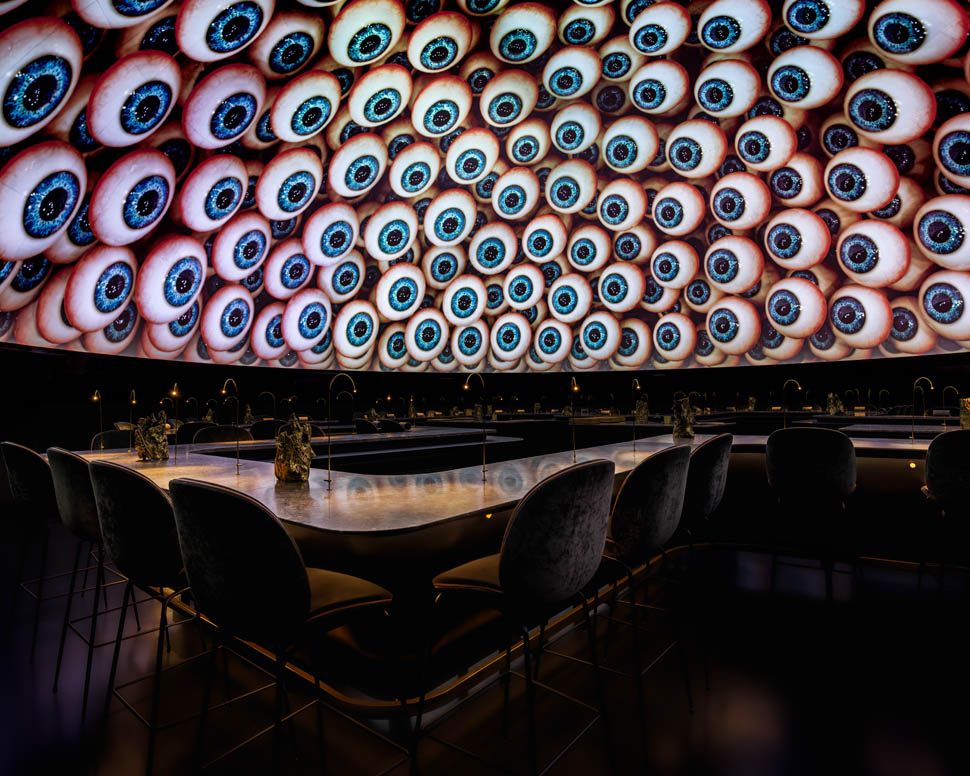
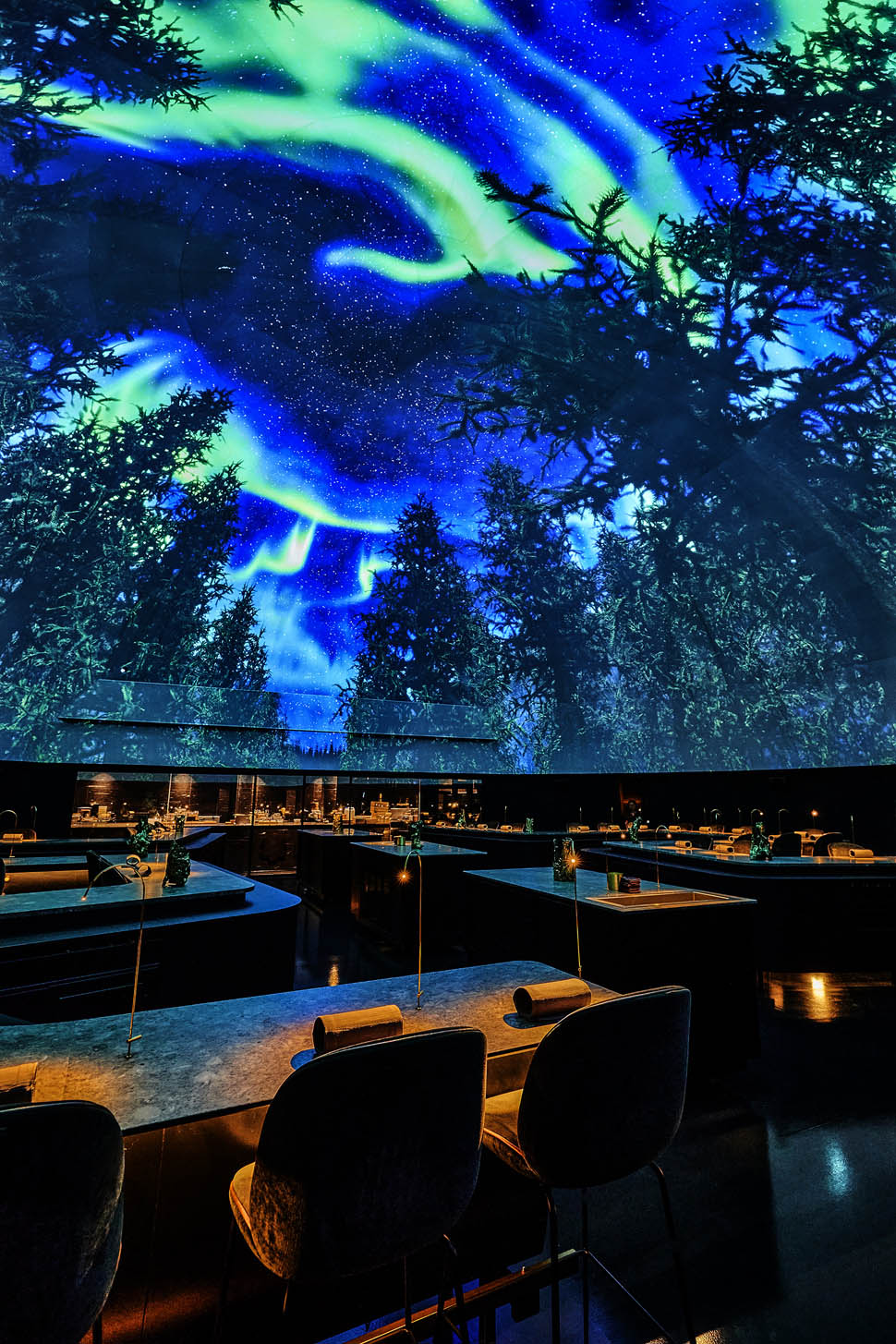
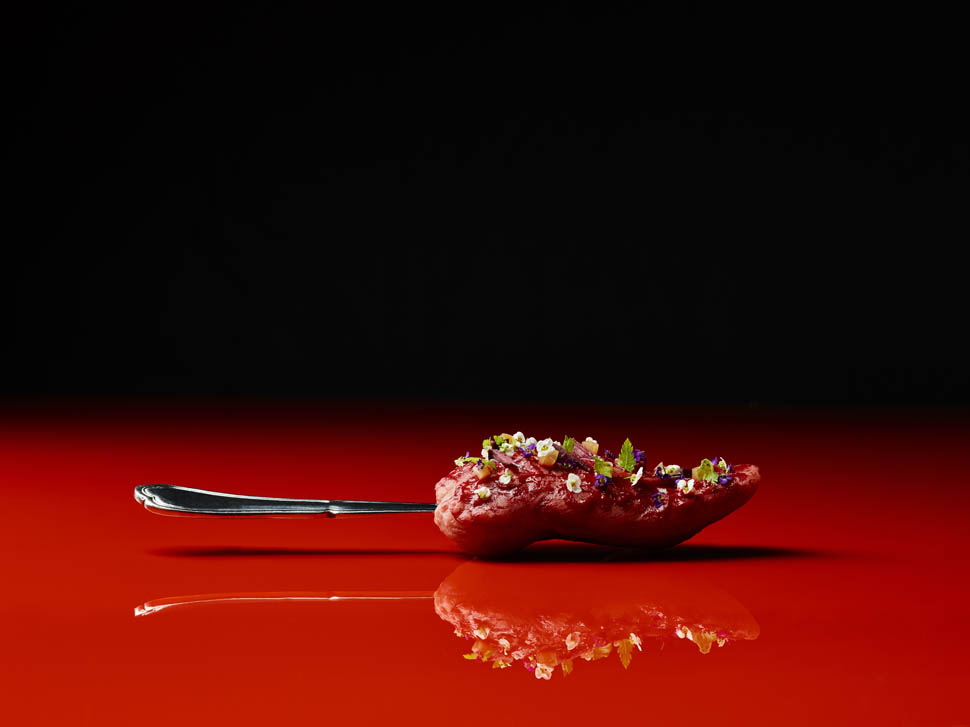
It ends with infusions and petits fours in the last elegant room where black walls and soft lighting help you gradually regain your confidence with reality, which in the meantime seems to have receded. At that point you begin to reflect on the hours you spent there and on how broad Munk's project is, beyond food. His is truly a holistic cuisine, as he himself likes to define it, capable of reconciling the senses in a jumble of thoughts and emotions, and it's hard to find a fault with Alchemist that goes beyond the cost (we're talking about over €700 for the menu alone, which however needs to be contextualized in the Danish welfare system).
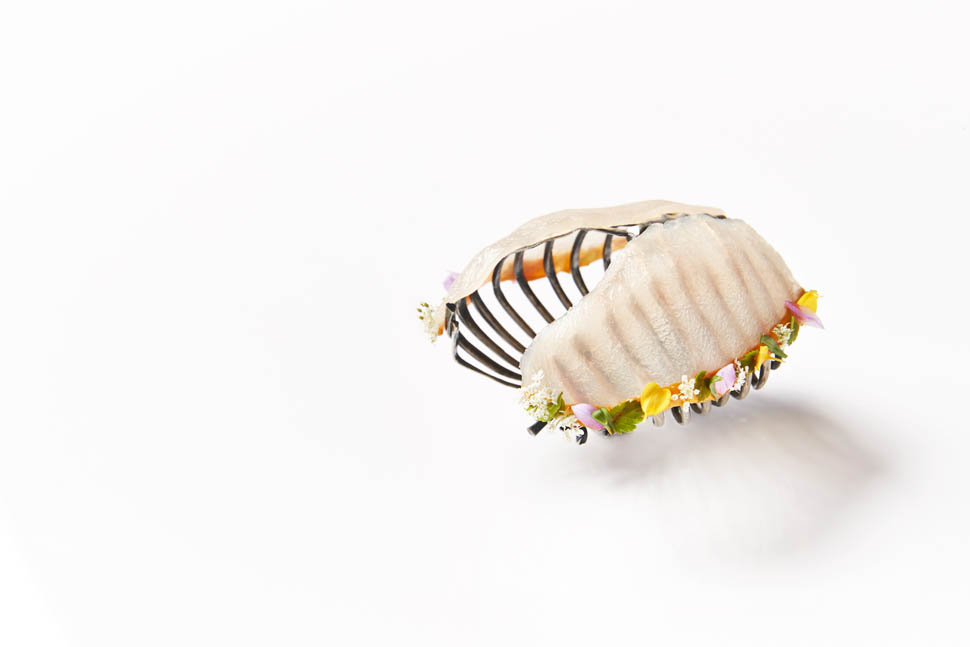
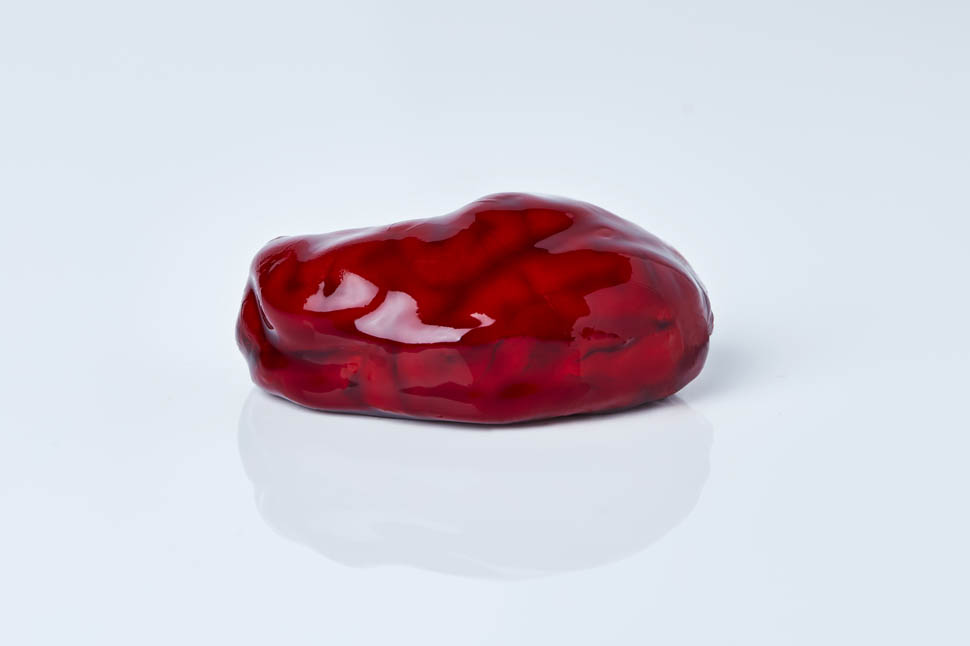
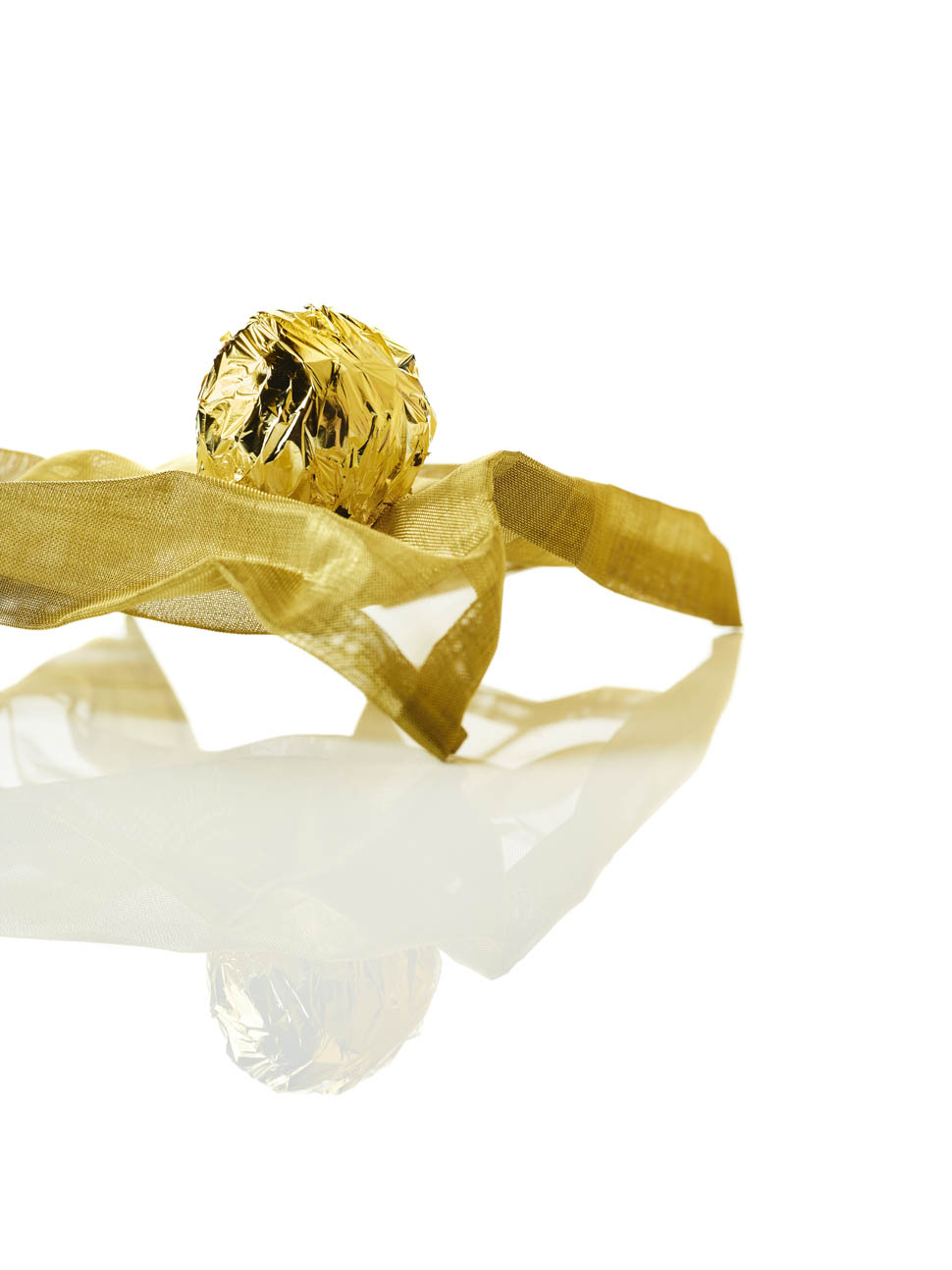
What makes him credible and so enjoyable is perhaps his honest nature, driven by a deep desire to push the boundaries of the restaurant business, which is too often taken for granted and rigidly maintained in its classic forms. It's no coincidence that Munk looks for ideas by collaborating with organizations far from his own, such as the Copenhagen hospital, JunkFood (the non-profit association he founded to provide meals to the homeless), NASA or other American high-tech companies. He started an independent research laboratory, Spora, and based a two-pronged growth plan on it, which guarantees new ideas for dishes at the restaurant, but in the meantime explores various possibilities aimed at the food industry.
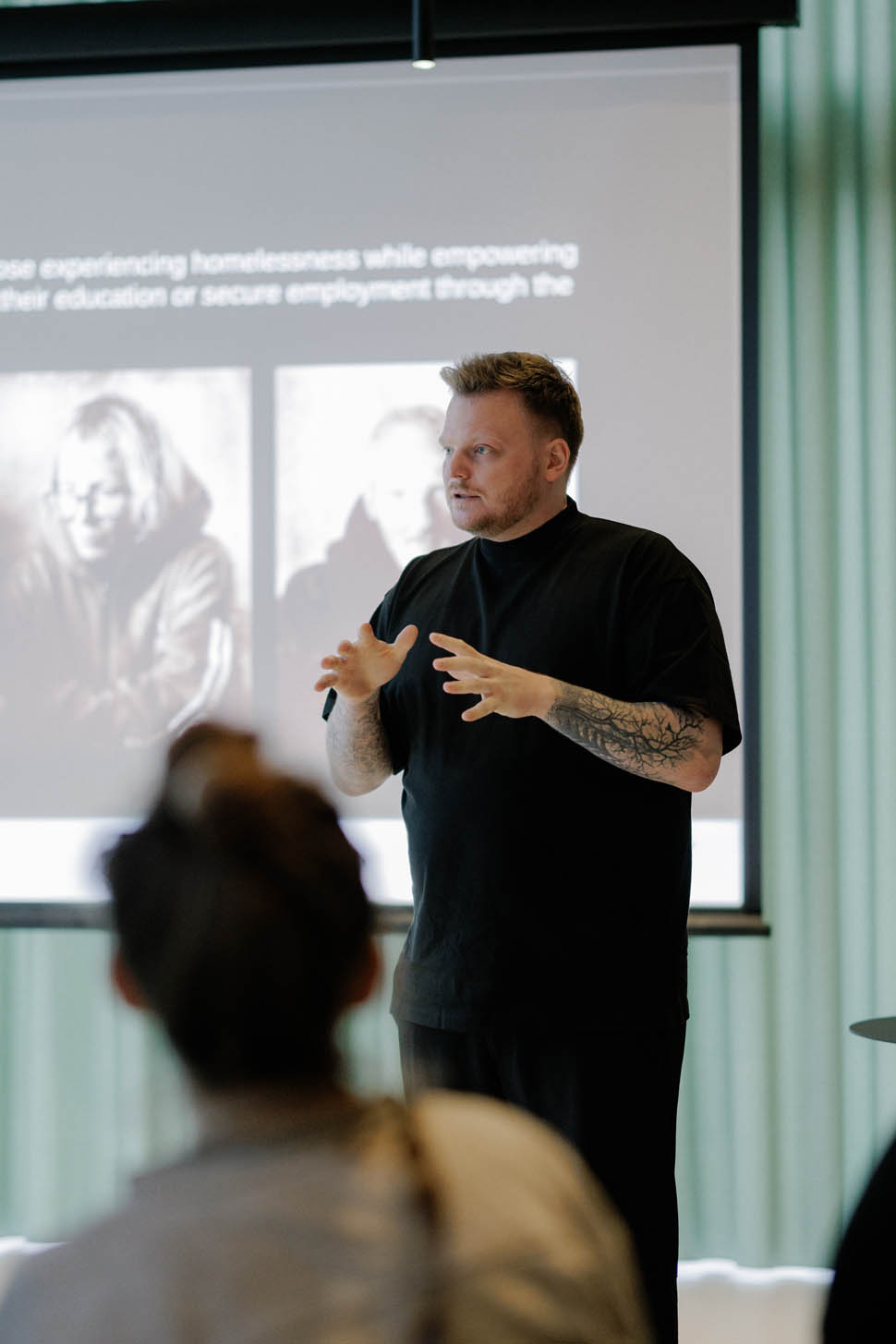
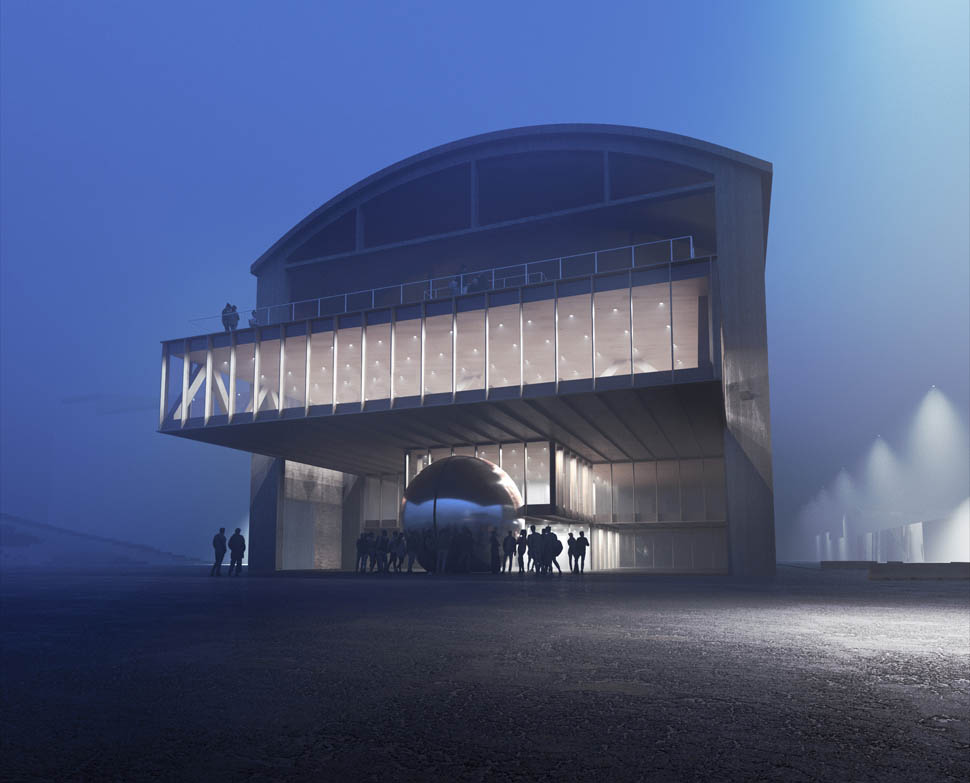
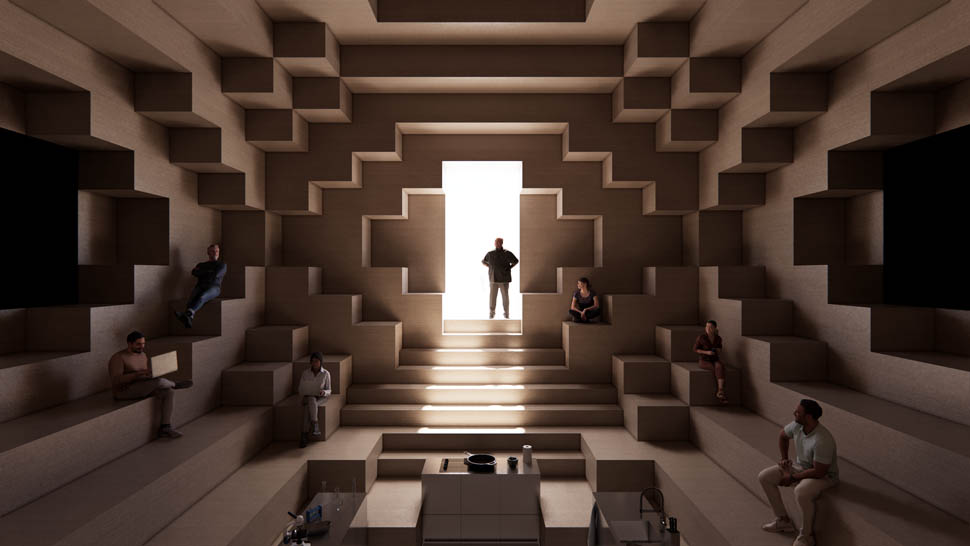
The last piece (for now) was the creation of an annual event staged right inside Spora, once again trying to emphasize the importance for the world of cooking to merge with other sectors and creative lines, evolving in a direction different from the simple sum of ingredients. Rasmus Munk's vision can be considered brilliant or not, but it's impossible not to recognize his rare talent for imagining new hospitality solutions that are able to adapt to the times we live in. Alchemist is not simply a technicolor toy for arrogant rich people, as one might think after a first distracted glance; it is above all a reflection on what we are becoming as restaurant guests and even before that, as human beings.
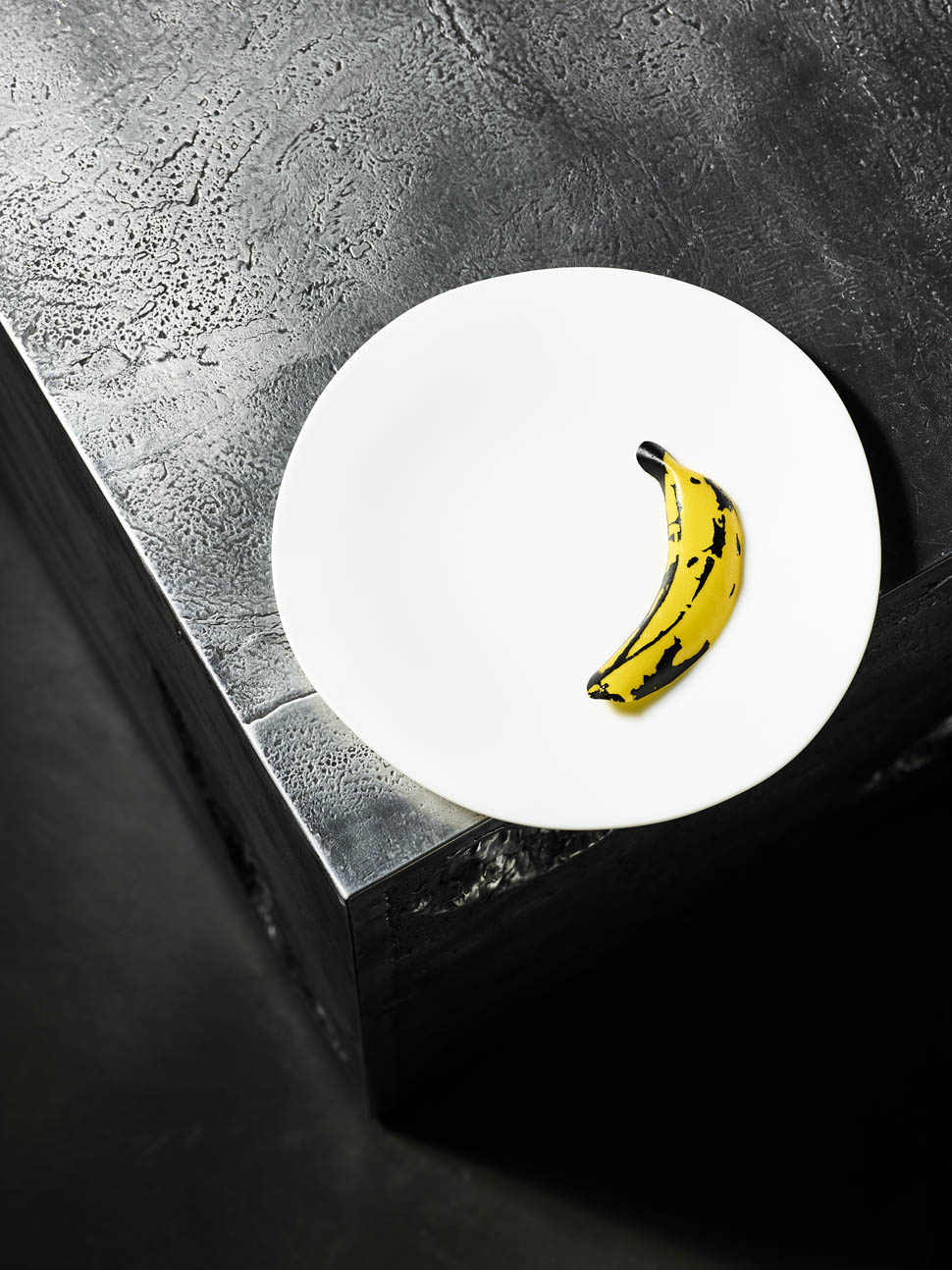
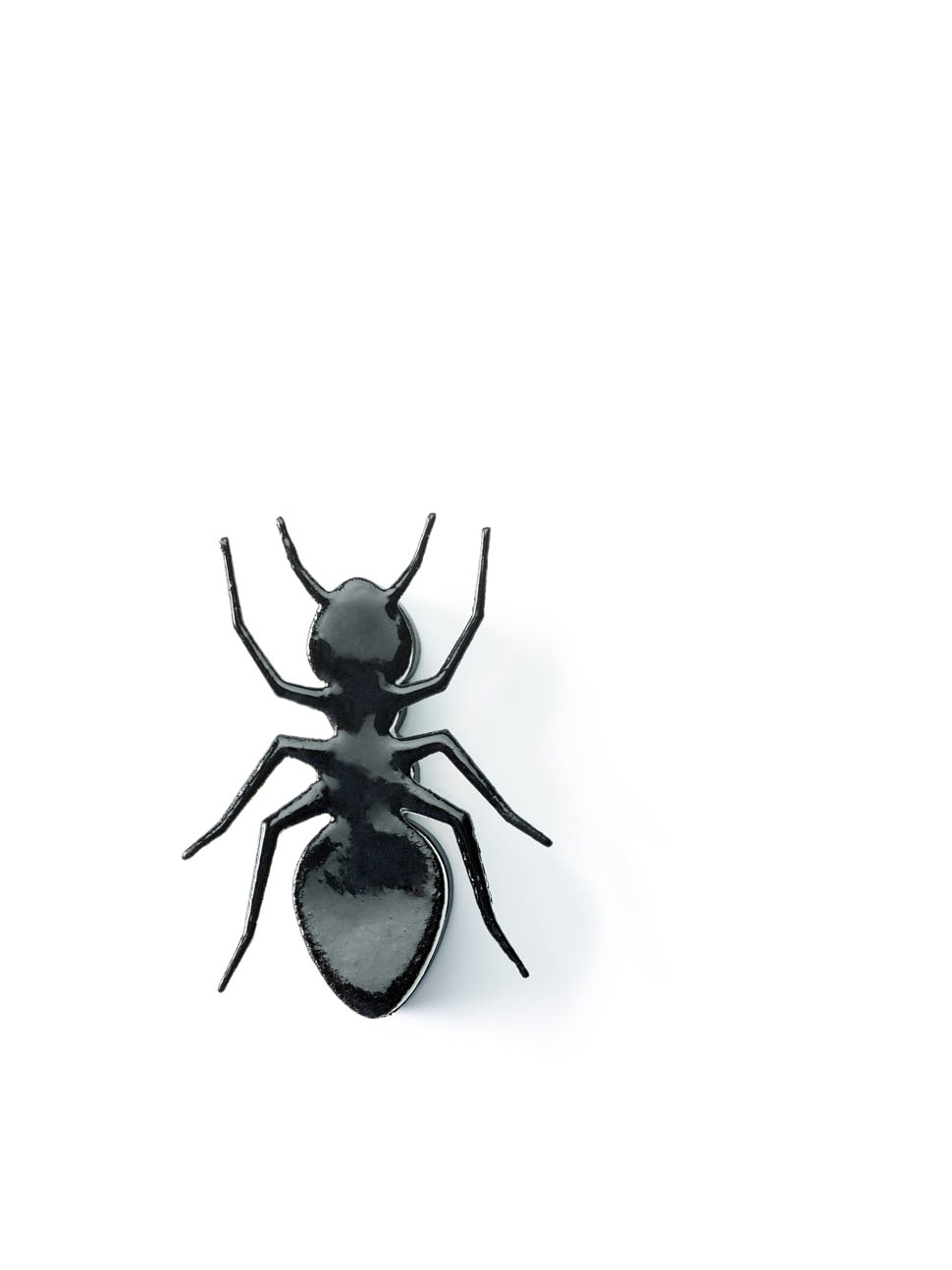
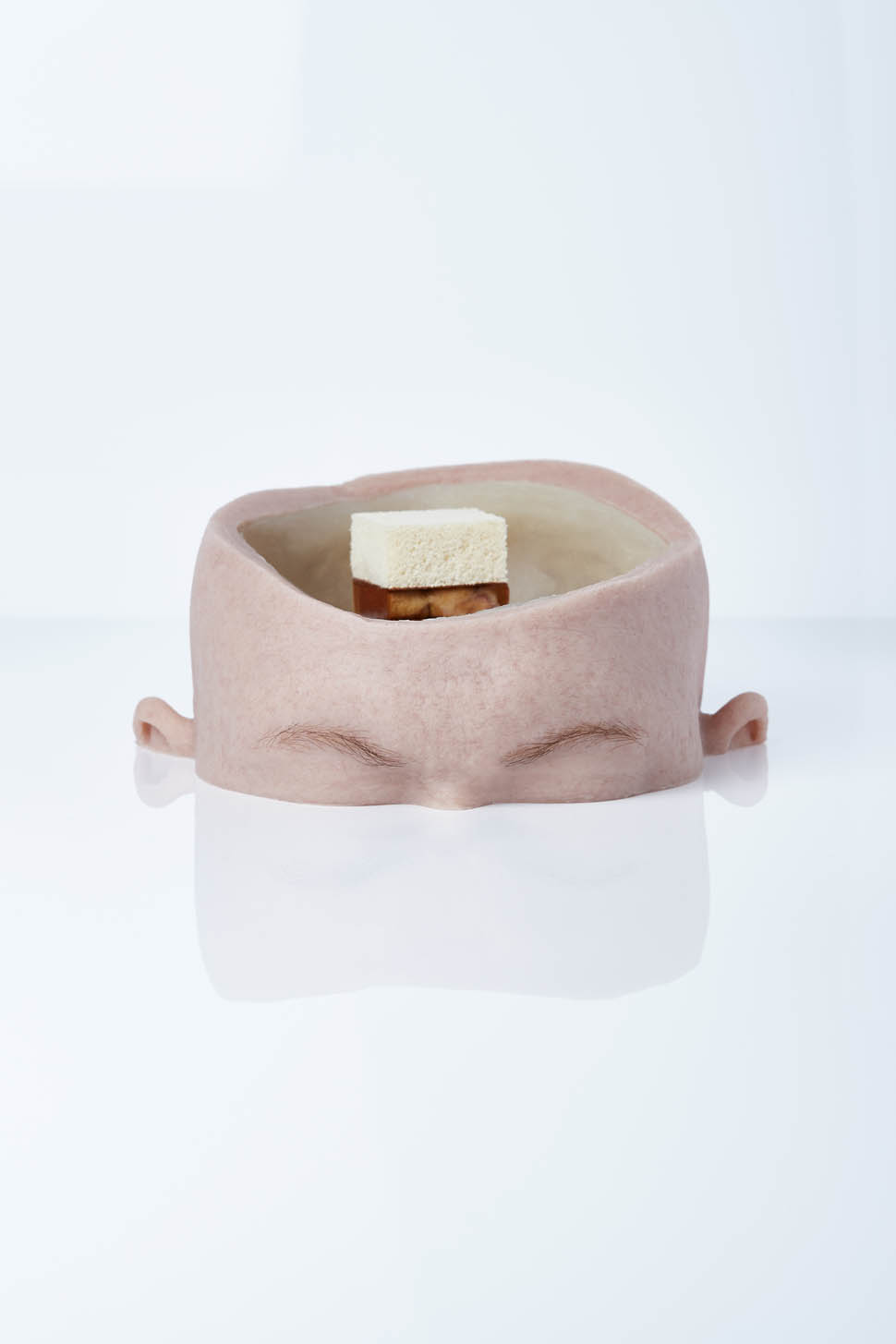
It doesn't set out to give answers, it just fills your head with a flood of questions, and in the meantime it overwhelms you like a Cirque du Soleil performance in which acrobats, between a flight and a pirouette, bring you one large plate after another. Will it be able to leave a mark and really change certain dogmas we grew up with? My idea on the matter is well summarized by a thought of Emily Dickinson:
“To make a meadow, you only need a clover, a bee, and a dream. And if there are no bees or clover, the dream will do.”
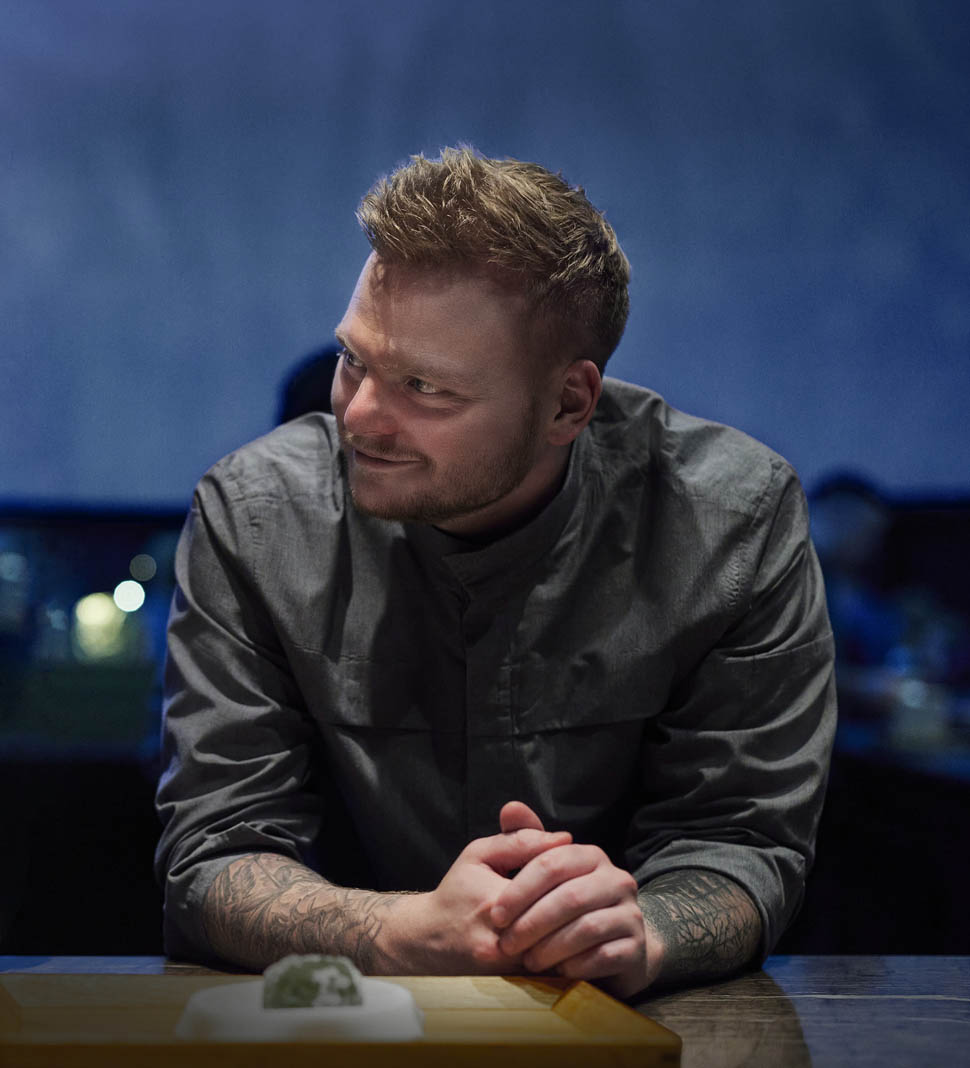
Contatti
Alchemist
Refshalevej 173C, 1432 København, Denmark
Telefono: +45 31 71 61 61 61
